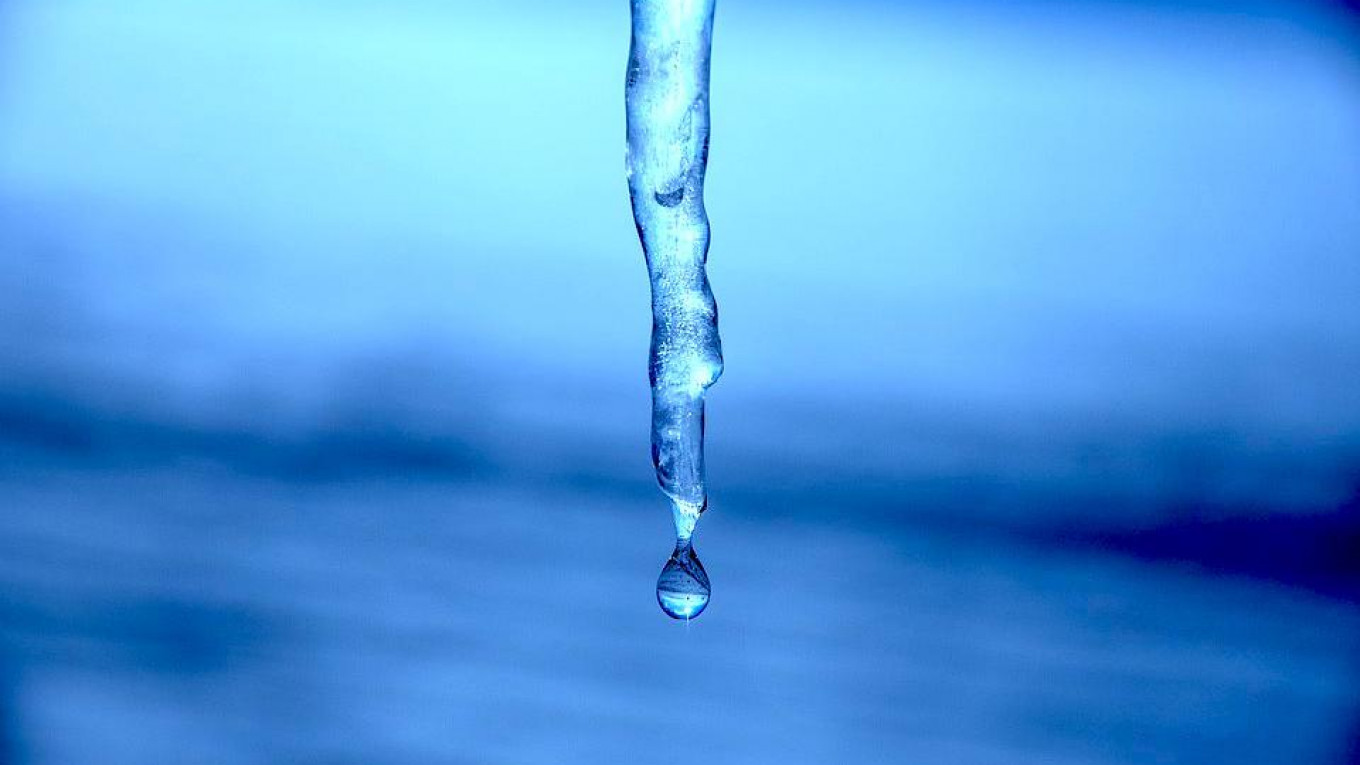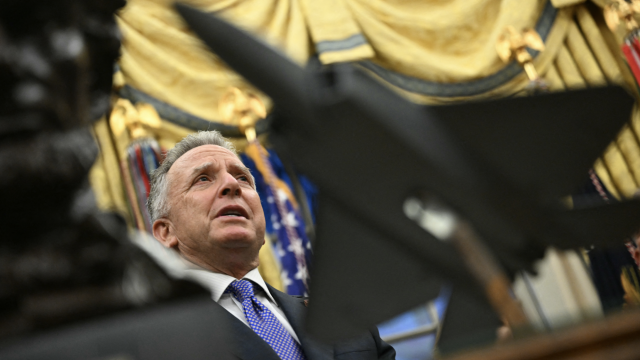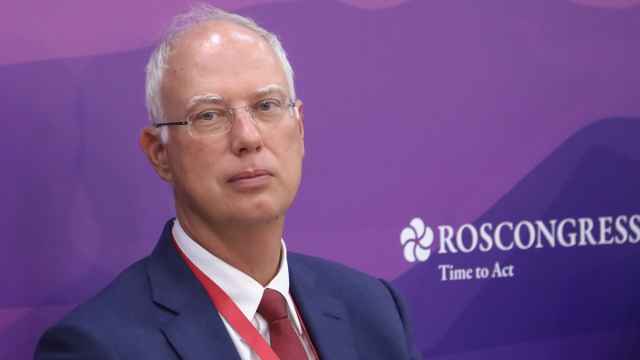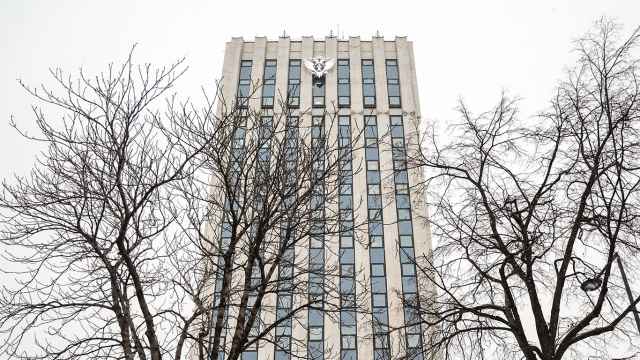Russian courts are unexpectedly vacating one high-profile conviction after another. President Putin has pardoned a woman imprisoned for treason, and a blogger on trial for playing Pokemon Go in a church is being released from prison under house arrest. The word “thaw” is once again entering Russia’s political narrative, along with the hope that, maybe, the regime is finally softening its grip its opponents and human rights in general.
But is it, really? The Moscow Times breaks down everything you need to know about the new “thaw.”
What Are Considered Signs of the 'Thaw'?
For the most part, several unexpected u-turns in high-profile criminal cases.
It all started with Ildar Dadin, the first activist ever imprisoned for participating in unauthorized, yet peaceful, protests. He was convicted to three years in prison. However, on Feb. 10, Russia’s Constitutional Court ordered a review of Dadin’s case, ruling that peaceful protesters cannot be sentenced to jail. On Feb. 23, the Supreme Court vacated Dadin’s conviction and ordered his release.
Two weeks later, a court in the Sverdlovsk region quashed another high-profile conviction: five months in prison for kindergarten teacher Yevgeniya Chudnovets. Chudnovets stood accused of distributing child pornography by sharing a video depicting a naked child being mocked by staff members at a children’s camp. Chudnovets maintained that she had shared the clip on Russian social network Vkontakte to draw attention to the case, but the court nonetheless found her guilty. Both the defense and the prosecution repeatedly appealed the ruling, arguing unsuccessfully that she should be released. Finally, the Prosecutor General’s office got involved and Chudnovets was acquitted.
The next day Vladimir Putin pardoned a Russian woman convicted of treason on “the principles of humanity.” Oksana Sevastidi was convicted for sending two text messages to a friend from Georgia about military equipment she saw close to the Russian city of Sochi in April 2008. The security services claimed the Georgian was a spy. Sevastidi was eventually sentenced to seven years’ imprisonment.
In general, the number of politically motivated prosecutions has stopped growing, Pavel Chikov, head of the Russian human rights group Agora, wrote in a column for the RBC news site.
What Does “Kiriyenko’s Thaw” Mean?
All of these moves have led Russia watchers to the cautious conclusion that the Kremlin may be changing its course and taking a softer stance on rights issues.
The recent developments have even received a special name among political observers — “Kiriyenko’s Thaw.” Sergei Kiriyenko, Putin’s new chief-of-staff and a former prime minister in 1998, has a reputation as a progressive bureaucrat.
According to a source close to the Kremlin, Kiriyenko can be credited for Dadin’s release. Prominent political observers also link him to the other releases and acquittals.
Moreover, the Kremlin has acknowledged Putin’s direct intervention in these cases.
“The president promised not to leave this matter behind, and that’s what happened,” Putin’s spokesman, Dmitry Peskov, said after Chudnovets was released from prison.
What Even Is a ‘Thaw’?
The word “thaw” usually refers to the late 1950’s and early 60’s, the Khrushchev era, when the Soviet leader overthrew Stalin’s cult of personality and implemented political liberalization. The next “thaw,” in the late 80’s, is known as perestroika — and it eventually led to the collapse of the Soviet system. Dmitry Medvedev’s presidency in 2008-2012, with its hopes for normal power succession and political modernization, is also often referred to as “thaw.”
But analysts suggest the recent easing of state pressure on activists is more of a tactical move ahead of the presidential election. Vladimir Putin is showing he will play soft during his next term.
From this perspective, it resembles the Kremlin’s “merciful” actions in 2013, ahead of the Sochi Olympics — Putin’s pet project — when several political prisoners were suddenly released: Pussy Riot performers Nadezhda Tolokonnikova and Maria Alyokhina, as well as former oil tycoon and Putin nemesis Mikhail Khodorkovsky.
What Is Going On in The Kremlin?
But “Kiriyenko’s thaw” is not absolute. There are signs the regime is simultaneously moving in the opposite direction. For example, last week prominent human rights activist Zoya Svetova was subjected to a humiliating 11-hour search of her apartment by law enforcement. The authorities claimed they were looking for evidence as part of a criminal case launched 14 years ago.
Every political move these days should be viewed as part of the Kremlin’s presidential election campaign, says political analyst Dmitry Oreshkin. Softening on one front and cracking down on another means that officialdom is divided between two different strategies — a more progressive one, linked to Sergei Kiriyenko, and a conservative one, associated with Kiriyenko’s predecessor, Vyacheslav Volodin, now the head of the Russian parliament.
“Take the Crimea issue. This year the presidential administration suggested celebrating the annexation more quietly and less pompously, clearly aiming at turning down international tension,” Oreshkin told The Moscow Times. “At the same time, Volodin proposed the opposite: scheduling the election on the anniversary of the annexation. Clearly, there’s a split.”
A Message from The Moscow Times:
Dear readers,
We are facing unprecedented challenges. Russia's Prosecutor General's Office has designated The Moscow Times as an "undesirable" organization, criminalizing our work and putting our staff at risk of prosecution. This follows our earlier unjust labeling as a "foreign agent."
These actions are direct attempts to silence independent journalism in Russia. The authorities claim our work "discredits the decisions of the Russian leadership." We see things differently: we strive to provide accurate, unbiased reporting on Russia.
We, the journalists of The Moscow Times, refuse to be silenced. But to continue our work, we need your help.
Your support, no matter how small, makes a world of difference. If you can, please support us monthly starting from just $2. It's quick to set up, and every contribution makes a significant impact.
By supporting The Moscow Times, you're defending open, independent journalism in the face of repression. Thank you for standing with us.
Remind me later.






